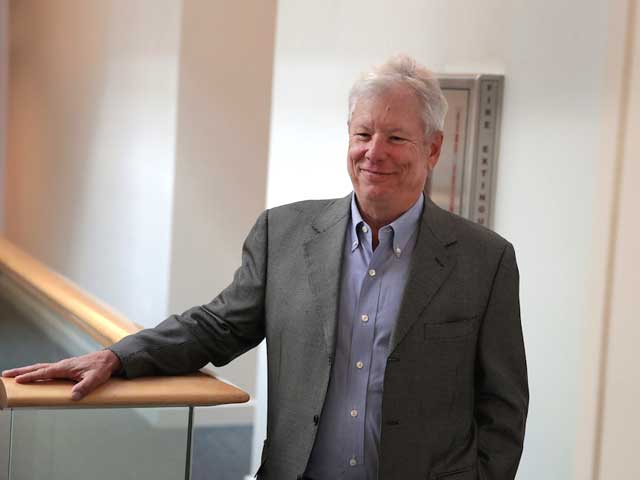Dr.Richard Thalera Professor of Economics and Behavioural Science at the University of Chicago, won the Nobel Prize in Economic Sciences. Author of the acclaimed book, “Nudge”, which is about helping people to make better decisions. He also gave one of the best economic tutorials on the reasons behind the 2008 financial crisis in a film “The Big Short”, in 2015.
 (Image credits: wsj)
(Image credits: wsj)
Thaler has managed to build a bridge between rational economic theory and human behaviour that compound economic estimates. He has done pioneering work in establishing that people are predictably unpredictable, that they consistently behave in ways that defy plain economic logic. For instance, people will refuse to buy air conditioners for a higher price in winter, or they will not buy a car for 4 lakhs and sell it for 6 lakhs even though rationality suggests a profit.
This human behavioral factor has helped governments to make better policies. Economics and finances do now exist in a vacuum, and how they will play out in real life has been best studied by Thaler.
Interestingly, Thaler supported demonetisation in India, but thought that the introduction of INR 2000 currency was a wrong decision.
This is a policy I have long supported. First step toward cashless and good start on reducing corruption. https://t.co/KFBLIJSrLr
— Richard H Thaler (@R_Thaler) November 8, 2016
This is more interesting, when contrasted with Raghuram Rajan who thought that demonetisation was an irrelevant and unnecessary move. He had made it clear in his book “I Do What I Do” that he was not in favour of demonetisation. Rajan too was speculated to win the Nobel this year. Sure, the government will feel vindicated with Thaler’s victory.
 (Image credits: rediff)
(Image credits: rediff)
Among Prof Thaler’s other influential theories is that of ‘mental accounting’ – the notion that consumers try to simplify their personal finances by creating accounts in their minds. This focuses the consumer on narrow outcomes, rather than considering the overall impact of a decision on their financial situation.
Economics has long assumed the rationality of human behaviour, and wondered at anomalies in the same. But Thaler has forwarded the idea that humans do not behave rationally even when it comes to their finances, economists should account for this unpredictability when making predictions and decisions.
In this world of chaos and global interdependency, Thaler’s suggestion is a balm to the economic turmoil, and will go a long way in facilitating an understanding of how governments should play their policy cards.
Read Also: 9 Things We Did Not Know About Manmohan Singh













